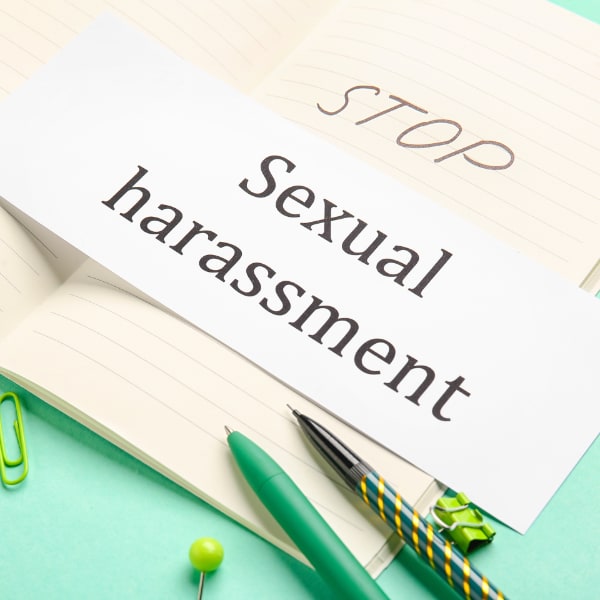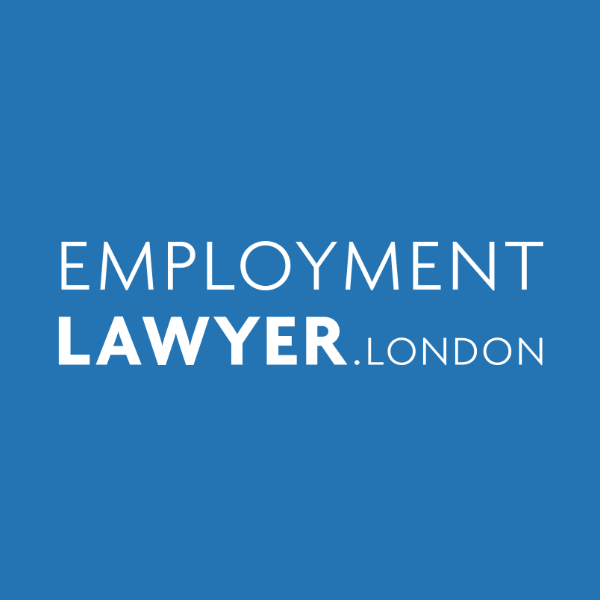
Employers want their staff to report any misconduct or wrongdoing they observe in the workplace. This act of reporting can amount to ‘whistleblowing,’ as it involves drawing attention to any such wrongdoing.
Recent findings from a YouGov survey commissioned by a UK whistleblowing charity Protect reveal a significant generational divide in attitudes toward whistleblowing and raising concerns in the workplace.
The study found that Gen Z workers (ages 18–24) are consistently less likely to raise concerns internally than their older counterparts.
Across a wide range of workplace issues – including health and safety, bullying, and sexual harassment – Gen Z employees were the least likely of all age groups to report concerns to their employer. This challenges the popular perception of younger workers as being more outspoken on workplace matters.
While Gen Z respondents identified sexual harassment as their top concern, only 67% of them said they would report this internally, compared to 76% of Millennials.
The study also underscores a generational shift in how employees prefer to raise wrongdoing concerns. While older workers tend to use internal reporting channels, Gen Z respondents were significantly more likely to turn to external channels. They were also five times more likely to consider sharing workplace concerns on social media, and 13 times more likely to contact journalists directly.
These findings carry important implications for employers seeking to build effective whistleblowing frameworks that resonate across generational lines. As workplace cultures and communication norms evolve, organisations must adapt their internal reporting mechanisms to ensure they are responsive and capture to the needs and concerns of younger employees.
David Greenhalgh is a Special Board adviser to Safe Workplace, which provides a mobile app to employers in the healthcare sector allowing their staff to anonymously report workplace concerns and to keep up with compliance processes using their mobiles. Please visit www.safework.place for more information.
Handling whistleblower complaints can be complex and sensitive for employers, especially when senior executives are involved. David is highly experienced in this area and regularly advises employers on how to manage whistleblower issues effectively, minimise risk, and protect businesses. To learn how he can help, fill out the online contact form.
This page/article/blog is for reference purposes only. It does not constitute legal advice and should not be relied upon as such. Specific legal advice about your specific circumstances should always be sought separately before taking or deciding not to take any action.




